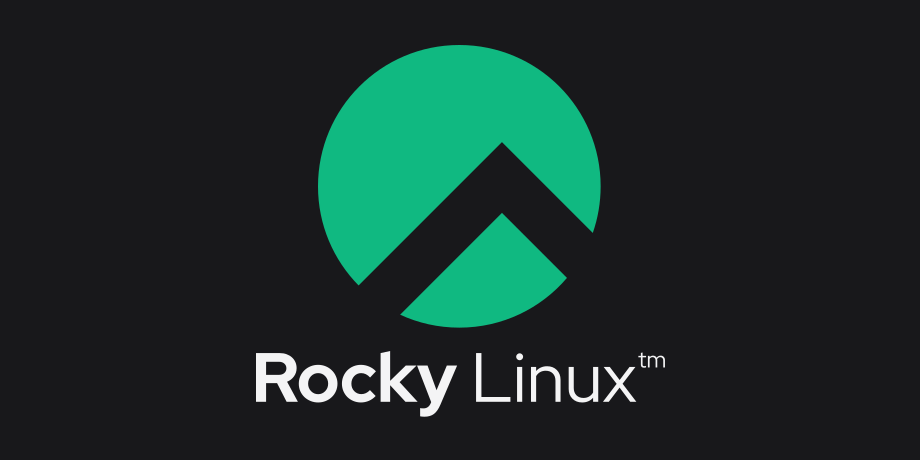eRacks Systems Tech Blog
Open Source Experts Since 1999
Debian 12.9, Mint 22.1, Fedora 41, more
As always, the latest releases are available to be installed, such as Linux Mint 22.1 (and of course 22.0), Debian Stable 12.9, of course Ubuntu LTS 24.04.1 (and 24.10), Fedora 41, Centos 10, and more – ask us for your favorite if you don’t see it listed.
J
joe January 28th, 2025
Posted In: Debian, Fedora, Linux, Mint, Open Source, Operating Systems, Technology
CentOS, Stream, 7, Rocky Linux, Alma Linux, RedHat

As many of our readers know, CentOS (Community Enterprise Operating System) was developed in response to the trademark issues surrounding RedHat Enterprise Linux (RHEL) in the early 2000s, and provided a functionally-compatible OS to the corresponding upstream RedHat version.
Around 2014, RedHat bought CentOS, and agreed to keep it as-is, and separate from RHEL.
CentOS is Dead
As so often happens after acquisitions, in December 2020, Red Hat discontinued CentOS development, causing much upheaval in the Open Source community, and leaving the existing CentOS user base without a clear path forward.

Long Live CentOS
In response, CentOS original founder Gregory Kurtzer created the Rocky Linux project, as a successor, true to the original goals of CentOS.
In March 2021, Cloud Linux (makers of CloudLinux OS) released a new RHEL derivative called AlmaLinux.

CentOS Linux was discontinued at the end of 2021 in favor of CentOS Stream, a distribution positioned upstream of RHEL, but below Fedora.
CentOS Stream is still useful for many, despite having different goals now and a different use-case, and no longer being binary-compatible with RedHat – it’s a bit like a “Release Candidate” idea for Fedora, now.
This gets RedHat’s offerings a bit closer to the Debian release of Stable/Testing/Unstable, corresponding roughly to RHEL/CentOS/Fedora, in order.
RedHat Backtracks

In Addition, RedHat addressed all the Bruhaha by making RHEL free for up to 16 systems, as a migration path, considering that they also chopped 8 years off the previously announced and counted-on 10-year support period for Centos8.
But given their track record, many (including this writer) are skeptical that RedHat may again use this to tighten the grip of Vendor Lock-In, in some future version of doing as they did in 2020.
eRacks Systems Offerings

Be that as it may, eRacks Systems now offers all the OSes preinstalled and pre-configured to your preferences, in the dropdowns:
- Centos 7 (last supported RHEL clone, currently 7.9)
- CentOS Stream Latest (Currently 9)
- Rocky Linux Latest (Currently 9)
- Rocky Linux Previous (Currently 8)
- Alma Linux Latest (Currently 9)
- Alma Linux Previous (Currently 8)
- RedHat Enterprise Linux (Now available preinstalled at no charge, for you to set up with your account on receipt)
As always, if you want a more specific version or distro, just ask.
j
joe March 12th, 2023
Posted In: Uncategorized
Tags: CentOS, Open Source, operating system, OS, Red Hat

